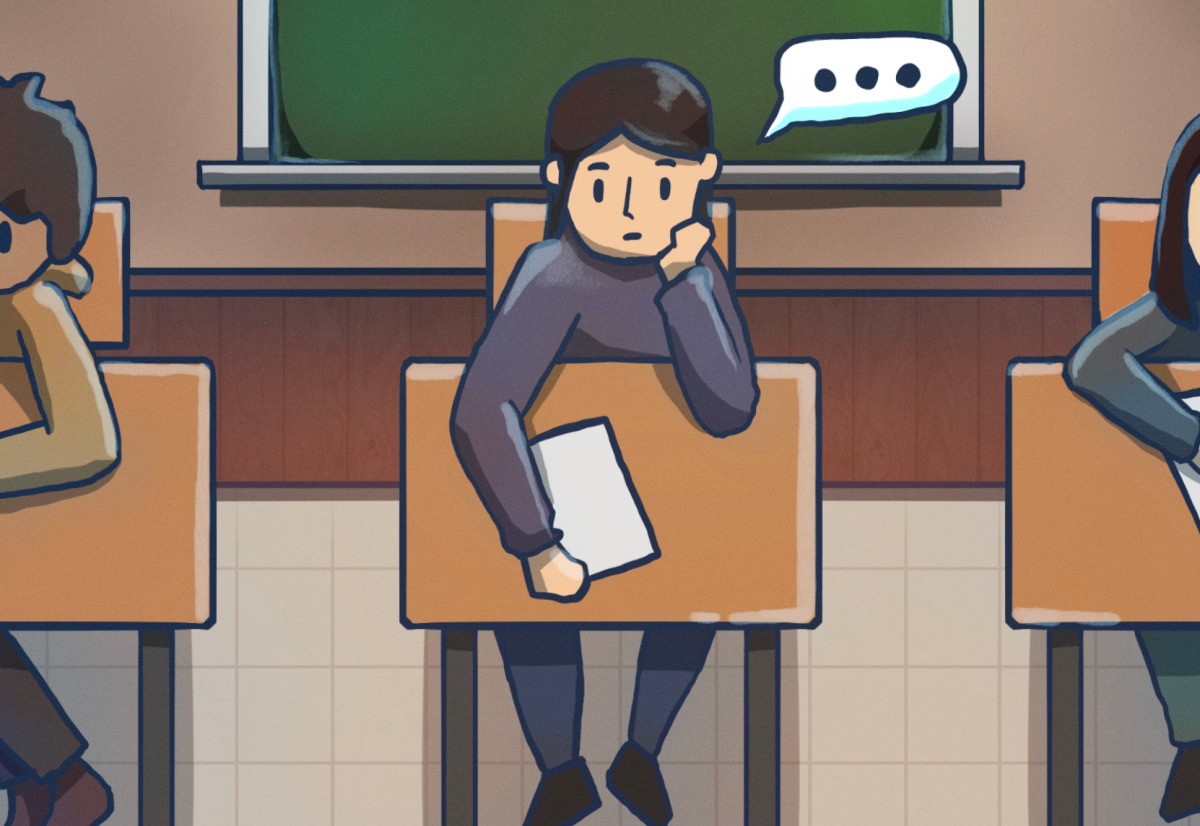Teachers want students to be engaged in class, environmentalists want to save paper, and doctors know that carrying heavy backpacks has adverse effects on student health. But the county shouldn’t try to solve all of these problems at once by purchasing expensive and unproven technology.
 Though Roslyn schools are piloting iPads, the technology is far from an ideal educational tool. Priced between $500 and $700 each, the cost of iPads outweighs their purported benefits. Furthermore, these benefits are uncorroborated, as there aren’t yet studies that show whether iPads are effective educational tools. Instead of providing each student with their own iPad, school districts should consider other, cheaper alternatives that can achieve the same goals.
Though Roslyn schools are piloting iPads, the technology is far from an ideal educational tool. Priced between $500 and $700 each, the cost of iPads outweighs their purported benefits. Furthermore, these benefits are uncorroborated, as there aren’t yet studies that show whether iPads are effective educational tools. Instead of providing each student with their own iPad, school districts should consider other, cheaper alternatives that can achieve the same goals.
Schools could easily purchase Kindles, eBooks made by Amazon, for only $139 each. Though critics argue that the Kindle is only a reader and can’t compare to the multi-functional iPad, many of the iPad’s educational applications are unnecessary in the classroom. One example is the “Constitution for iPad” application. While it’s convenient to be able to access the Constitution online, the application wouldn’t add anything to a student’s understanding of the document.
It’s also unwise for school systems to provide students with technology onto which they can download a wide variety of applications. In Roslyn, Brenner allows students to put anything—music, videos, websites—on their iPad as a long as the student believes it’s appropriate. With so much freedom, access to an iPad during class will turn into a distraction for high school students who purchase inappropriate applications like “Beer Pong” and “Sporcle.”
Principal Alan Goodwin said that when Montgomery County received the federal grant for Promethean boards, teacher training was an issue. Because technology grants are available for only a limited time, the county rushed to use the grant, and teachers weren’t adequately instructed how to use the boards. If MCPS were offered a similar grant to purchase iPads, the same scenario would likely play out again, and teachers would be left to teach each other how to work the new technology. English teacher Beth Rockwell said that she’d be uncomfortable using iPads in class without training, and there’s no point in purchasing the iPads if teachers don’t know how to use and control them effectively.
Proponents of the iPad argue that the device would save thousands of dollars a year in textbook money. And though it’s true that textbooks could be purchased on the iPad at a fraction of the normal cost, the base cost of purchasing the devices themselves is too expensive to make up the difference.
Though using iPads in schools could bring about some benefits, they’re too expensive and haven’t been effectively proven by research. A better solution would be for schools to purchase cheaper devices, like Kindles, that achieve similar objectives at a lower cost.









Irrelevant • Mar 15, 2011 at 10:12 pm
Especially not worth it when each one becomes outdated after a year. And what are they going to do, install iTunes on every computer? Maybe then we’ll finally be able to listen to music in the library.
campbell mccarthy • Feb 23, 2011 at 11:41 pm
i must admit i am not a FAN of the ipad. i like the kindle better so i can read my twilight novels